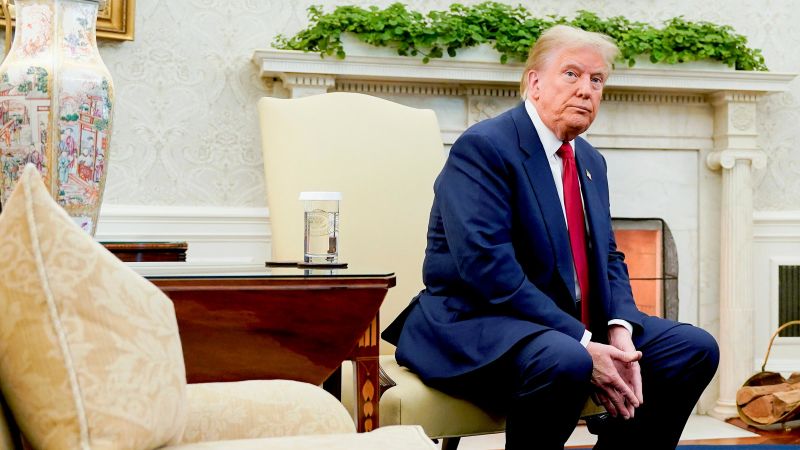
How different a commander in chief will Trump be?
CNN
“When America sneezes, the rest of the world catches a cold” is a saying used to describe how the massive American economy can affect global businesses, but it also applies to foreign policy in the Trump era.
“When America sneezes, the rest of the world catches a cold” is a saying used to describe how the massive American economy can affect global businesses, but it also applies to foreign policy in the Trump era. President-elect Donald Trump’s electoral mandate gives him considerable leverage when he is in office to implement his “America First” policies. Officials in capitals around the globe are now trying to game out what will change once Trump is inaugurated. On the face of it, there are sizable differences in foreign policy between Trump and President Joe Biden. Trump’s isolationist instincts mean that he will build walls around the US — whether physically, at the southern border, or by using tariffs to raise the prices of imports of foreign goods into the country. Trump will also likely take a skeptical line on alliances such as NATO, pull out of international agreements negotiated with dozens of other countries such as the Paris Climate Agreement, and ration or even end US support for Ukraine in the war with Russia. Yet — surprisingly, perhaps — on some critical foreign policy issues, Trump and the Biden administration are on the same page, and Trump 2.0 will likely see some important continuities with the Biden approach when it comes to China, the Middle East and the withdrawal of US troops who are posted overseas. In his first term, Trump inaugurated a far more combative approach to China, abandoning the fantasies of previous US administrations that Beijing would, as it grew economically, also liberalize politically. Instead, the Trump administration started treating it as a potential rival, for instance, increasing “freedom of navigation” exercises in the South China Sea, much of which China claims as its own. The Trump team also slapped a wide range of tariffs on thousands of Chinese goods. When Biden got to the White House, he kept Trump’s more hardline approach to China in place, holding on to Trump’s tariffs and going even further by slapping a 100% tax on Chinese electric vehicles and banning investments in China by US companies that might benefit the Chinese military. The Biden administration shored up its alliances to contain Beijing, such as the 2021 agreement between the US, the United Kingdom and Australia known as AUKUS, which provides nuclear-powered submarines to the Australians.





















 Run 3 Space | Play Space Running Game
Run 3 Space | Play Space Running Game Traffic Jam 3D | Online Racing Game
Traffic Jam 3D | Online Racing Game Duck Hunt | Play Old Classic Game
Duck Hunt | Play Old Classic Game











